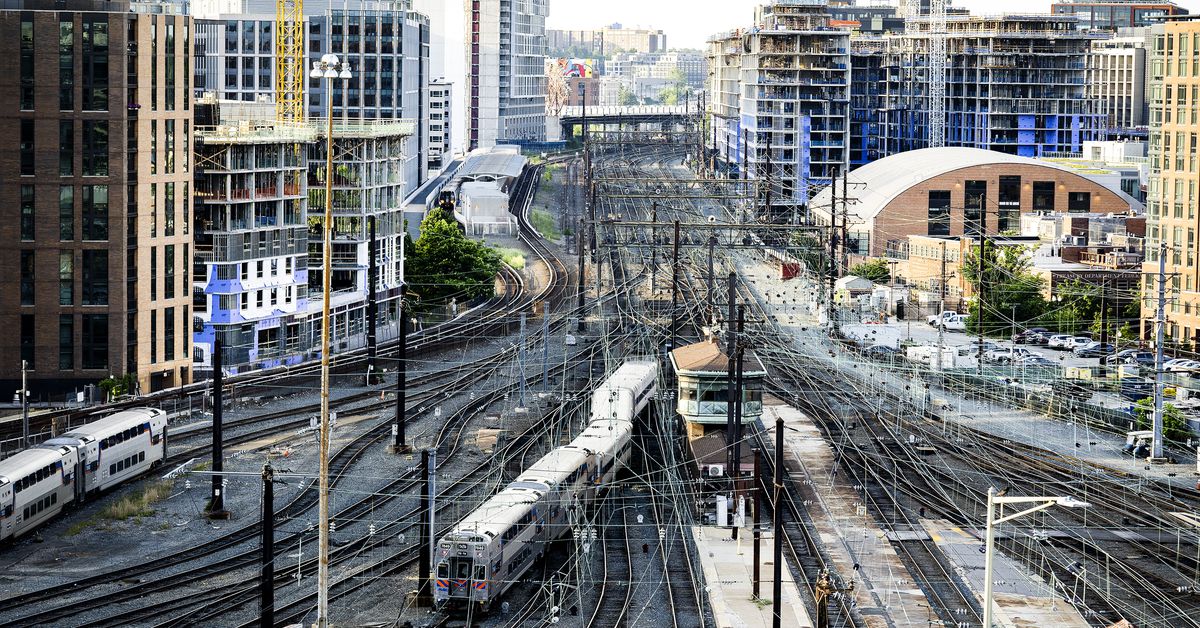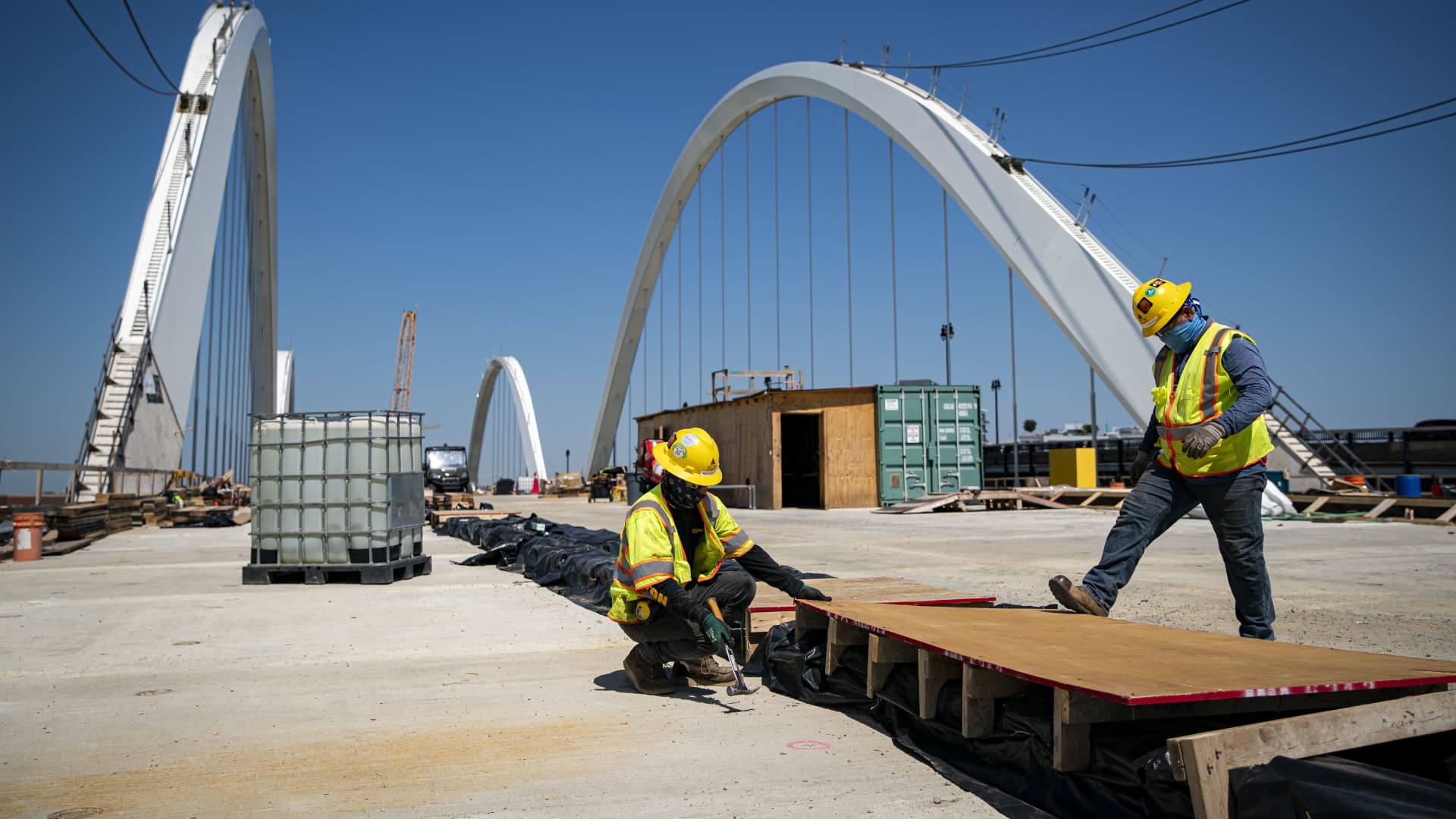- Joined
- Aug 6, 2019
- Messages
- 15,086
- Reaction score
- 6,810
- Location
- Bridgeport, CT
- Gender
- Male
- Political Leaning
- Libertarian - Right
It might help if you actually funded it properly but that would mean the top end being taxed so that's not going to happen.
Oh, so that's the problem.
Someone should inform the people of Illinois that their taxes are way too low.



